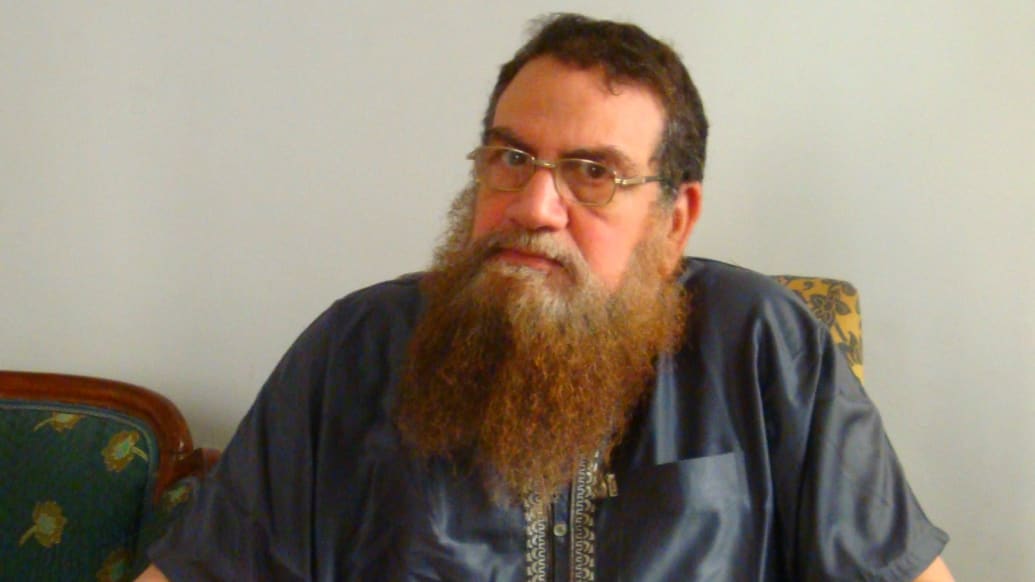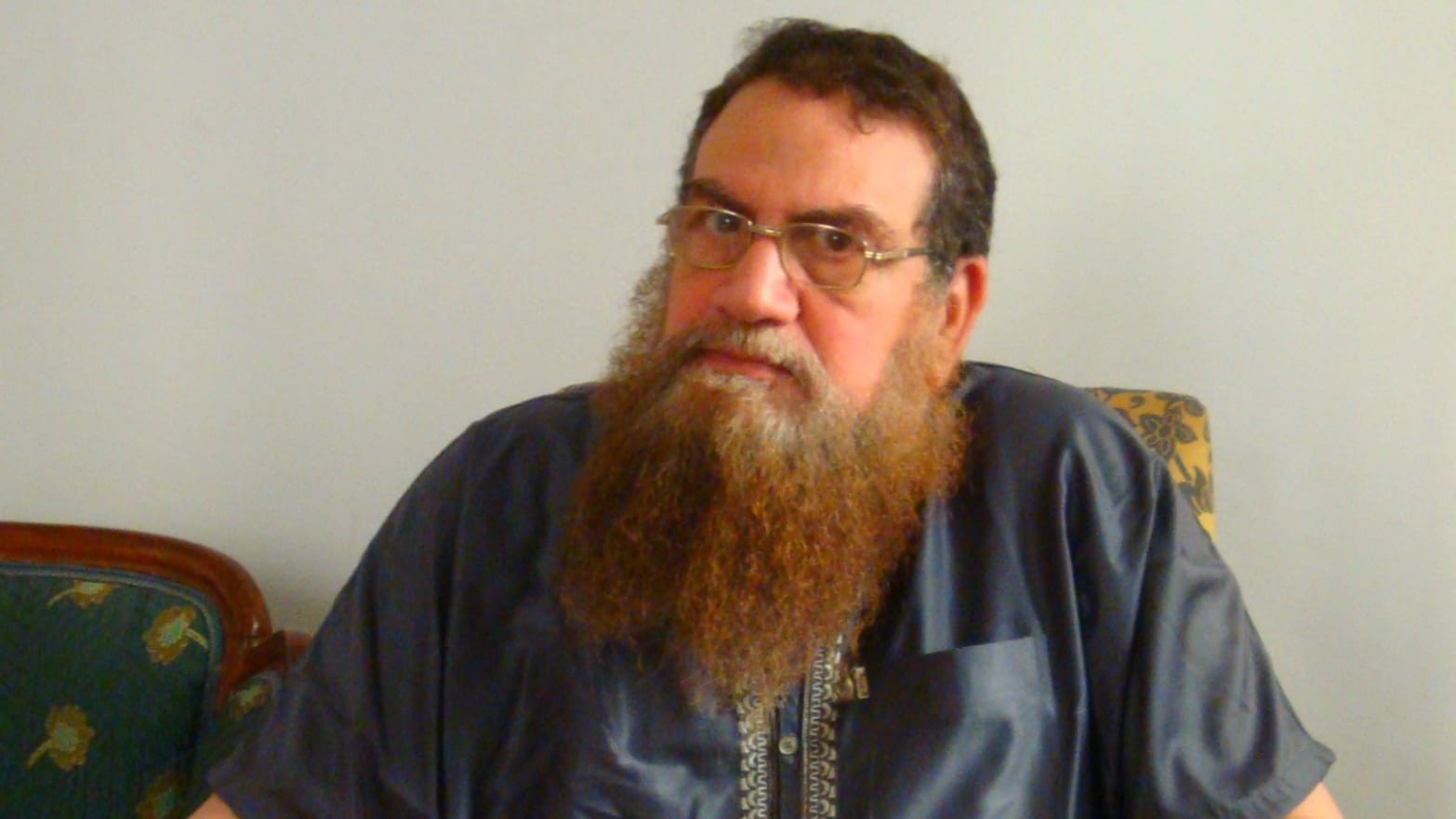CAIRO—From a life in prison to freedom and a pivotal role in brokering a solution to the ongoing military crackdown, Aboud El Zomor, 66, has seen his life’s trajectory transformed by Egypt's January 25, 2011 revolution.
Jailed in 1981 after authorities implicated him in the assassination of President Anwar Sadat, El Zomor is the leader of Gama’a Islamiyya, a radical Islamist group that some claim is linked to Al Qaeda. He was released from prison in March 2011.

“Mubarakhad a vision that I would only leave in a coffin,” he said,referring to the ousted authoritarian ruler's refusal to release himafter he had served his 25 year sentence. “Without the revolution Iwould have never been released from prison,” he added.
Since gaining his freedom, El Zomor has taken a central role in founding Gama’a Islamiyya’s political wing, the Construction and Development Party, and in building the influence of the Islamist camp. He now plays a leading role in the Committee to Restore Legitimacy and is a key communication broker between the Muslim Brotherhood and the army.
Speakingto the Daily Beast at his home in Giza on Saturday, he said both thearmy and the Muslim Brotherhood have realized that neither is able tobreak the other. As a result, there was potential for a politicalbreakthrough.
"Thestreet is hot with protests while the army has firm control. Thegovernment has started to realize it has a problem," he said.Protests against the army's July 3 ouster of Morsi have continued despite abloody crackdown that killed hundreds of protesters. "Thesituation now is that no one can force their conditions. Neither theBrotherhood nor SCAF [Supreme Council of the Armed Forces] can dothis, so they are prepared for dialogue." A plan for politicalresolution is to be released after the Eidal Adha holiday, which ended yesterday.
ElZomor said his attempts to re-ignite talks between the army and theBrotherhood showed signs of progress.
Negotiations had been suspended over the Islamist party's refusal to compromise on returning Morsi to power and re-implementing his party's 2012 constitution. But the Brotherhood is now focused on ending the military crackdown and obtaining the release of its 2,000 members currently in prison. El Zomor said the Islamists had become more flexible on key issues and that mediated communication with the army is ongoing.
“Ofcourse we are working in the backrooms,” he said.
Theentrance to El Zomor’s apartment building, located in a workingclass, conservative neighborhood, was adorned with the distinctivesymbol of the anti-army, pro-Morsi opposition. But he expressedsympathy for the army's position and refused to call the ousting ofMorsi a coup.
"Thearmy did things with good intentions, they wanted to avoid any kindof division or civil war,” he said. El Zomor's movement originallysplit from the Brotherhood over the Gama'a Islamiyya's advocacy ofarmed struggle, which the Muslim Brotherhood opposed. But the twoIslamist movements maintained close ties even after the ideologicalsplit.
ElZomor was once employed by army intelligence, even as he remainedclandestinely active in Gama’a Islamiyya. Today, he is pragmatic onthe role of Egypt's generals.
“Myposition on the army [is] rational, not emotional,” he said, as hesat in his living room wearing sandals and a silk galabiya. He saidhe had disavowed armed insurgency tactics and believed Egypt needed apluralistic, democratic governing system. El Zomor added that thefollowers of his movement had shared the army's frustration atMorsi’s inability to stabilize Egypt's economic and politicalcrises.
Buthe opposed the army's recent crackdown on dissent, arguing that thelegitimacy of popular governance needed to be restored.
“Forsure there is a lot of dangers to the freedom and goals of therevolution,” he said. “Many Islamist currents feel it’s not atransition but a period for revenge,” he added.
Onthe other hand, El Zomor expressed pride in the legacy of the armyand equated its military successes with the uprising that freed him.
“Iequate the January revolution to the 6 of October [1973] war. On the6 of October we got our land back, in January 2011 we got our freewill back,” he said.
ForEl Zomor, the January 25 revolution's main result was a shift in thebalance of power power between the army and Islamist politics.
“BeforeJanuary 25, Islamist [political] activity was banned,” he said.“After, we got our freedom from prison without condition. We hadthe freedom to construct our own parties and to freely [organize].”
Despitethe ongoing curfew and state of emergency laws, El Zomor said he wasconfident that negotiations with the army would result in there-emergence of political process in Egypt.

